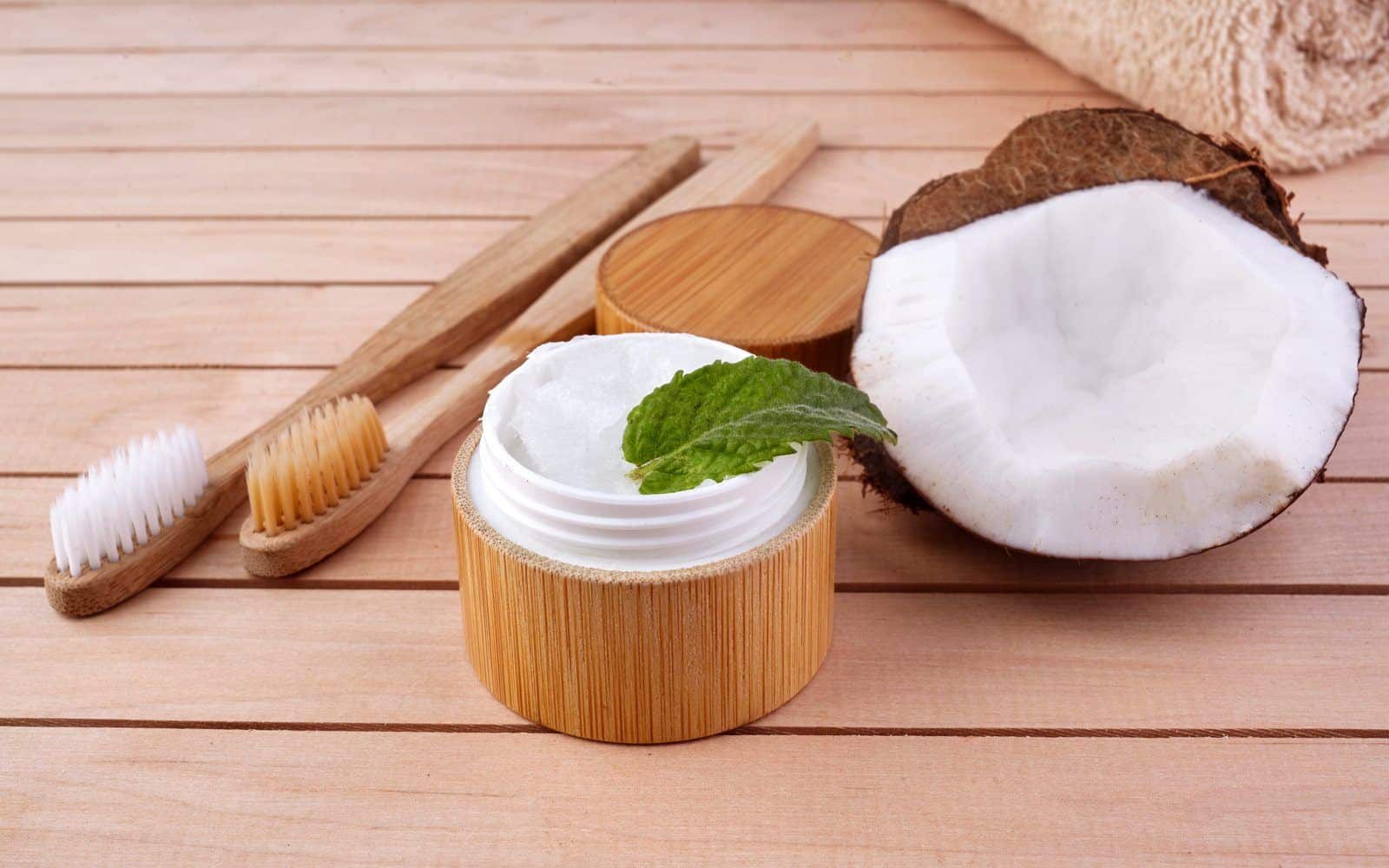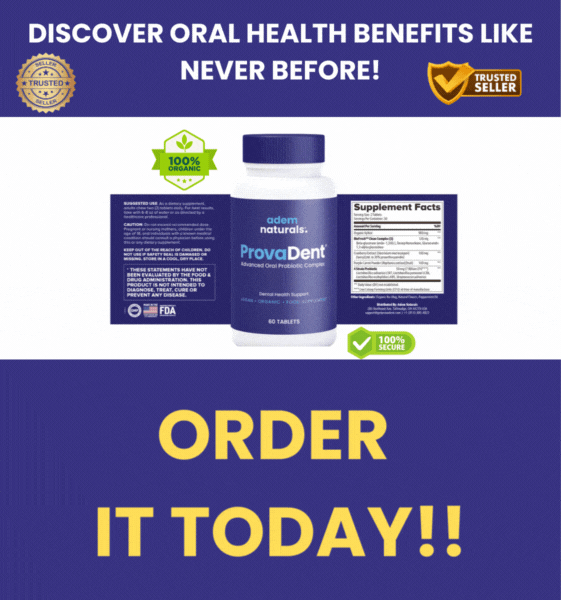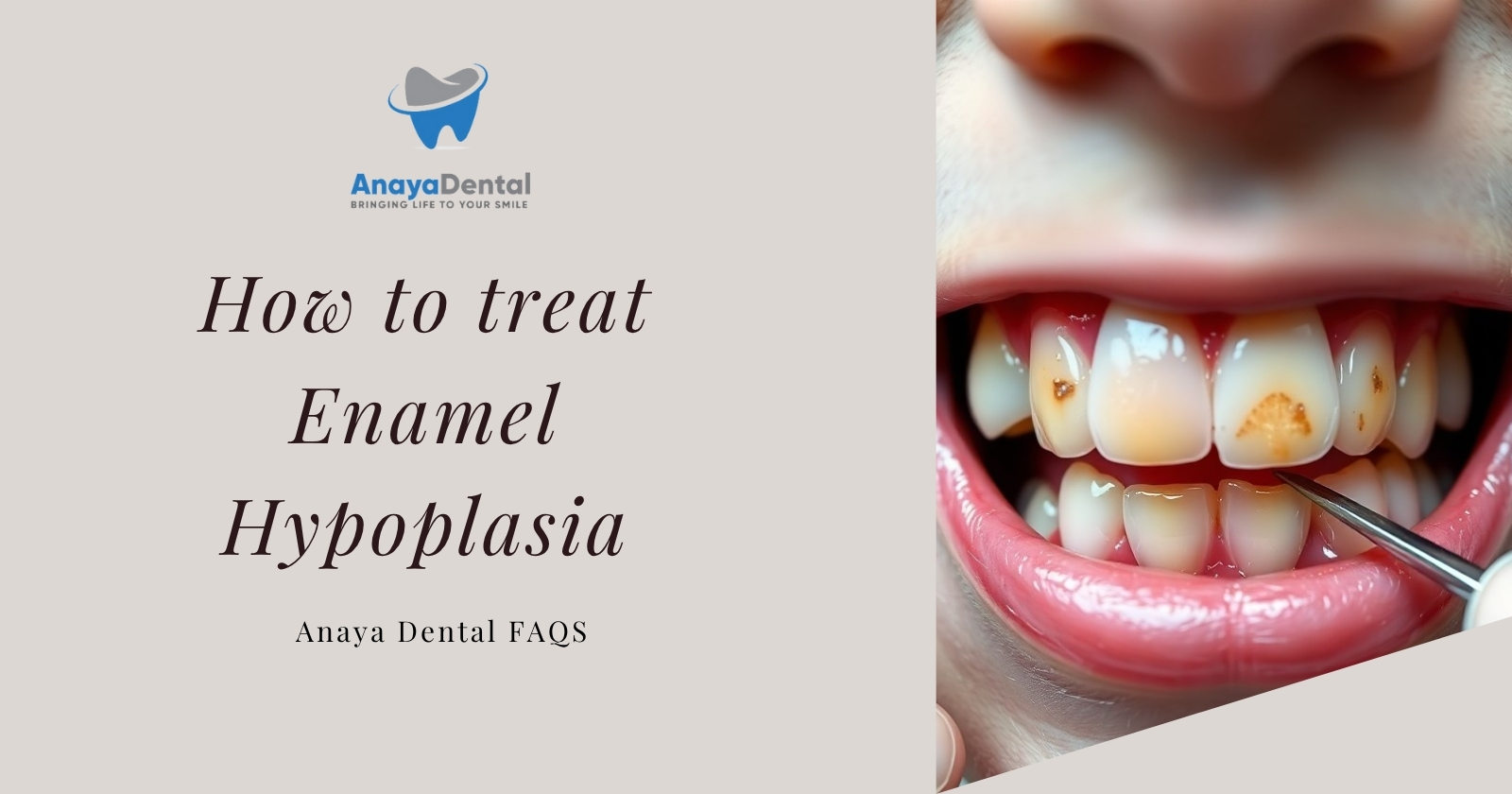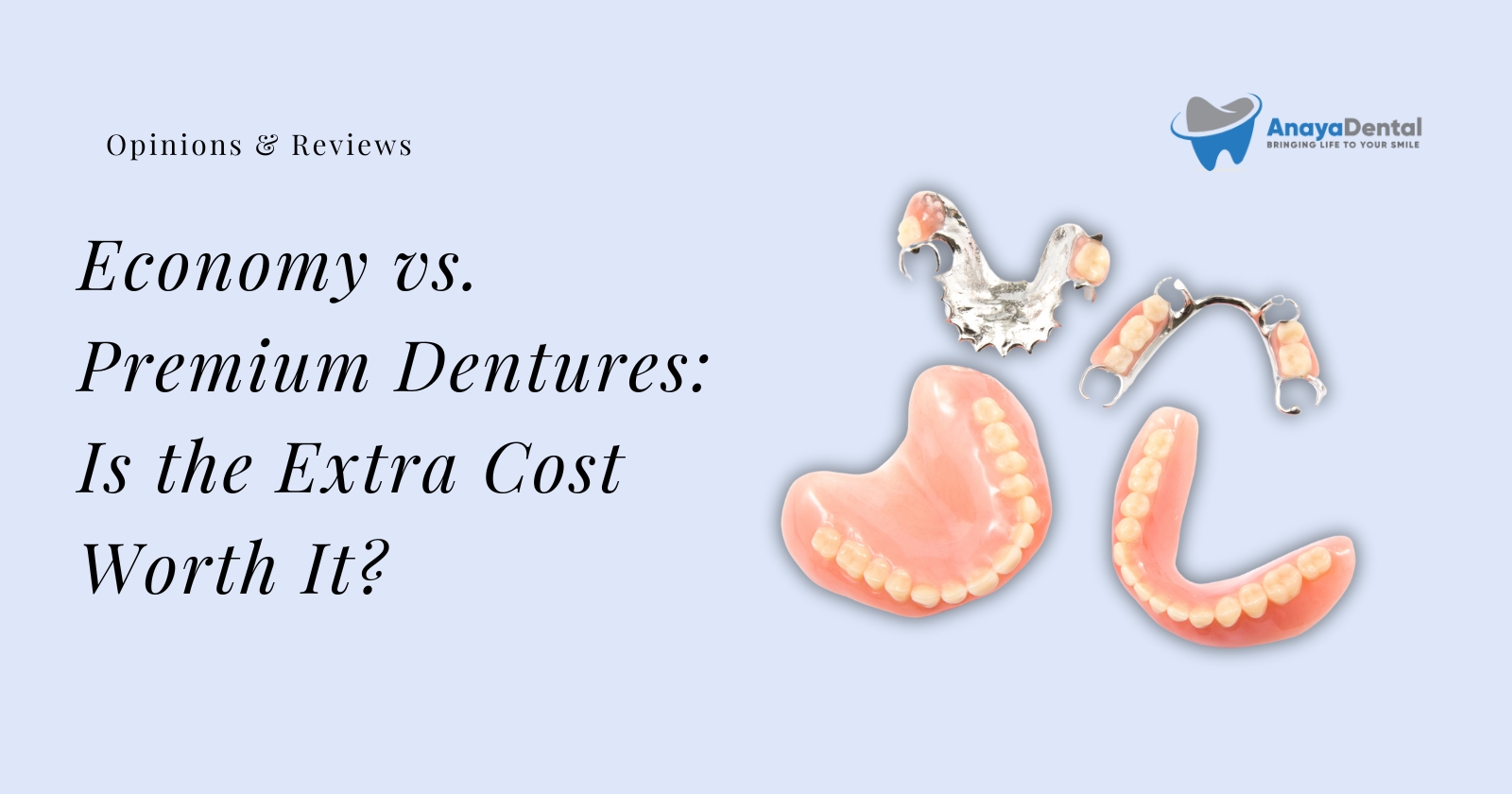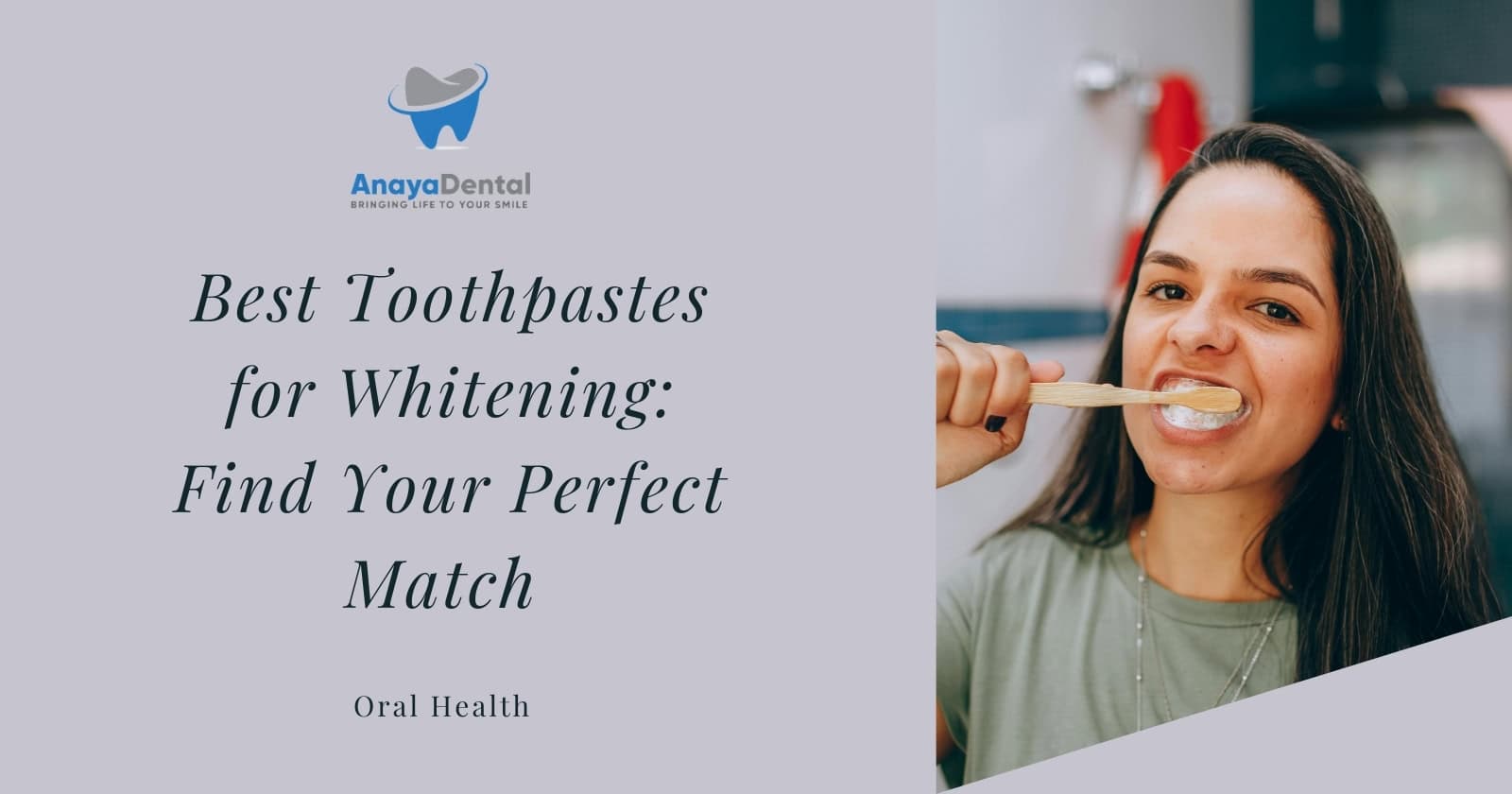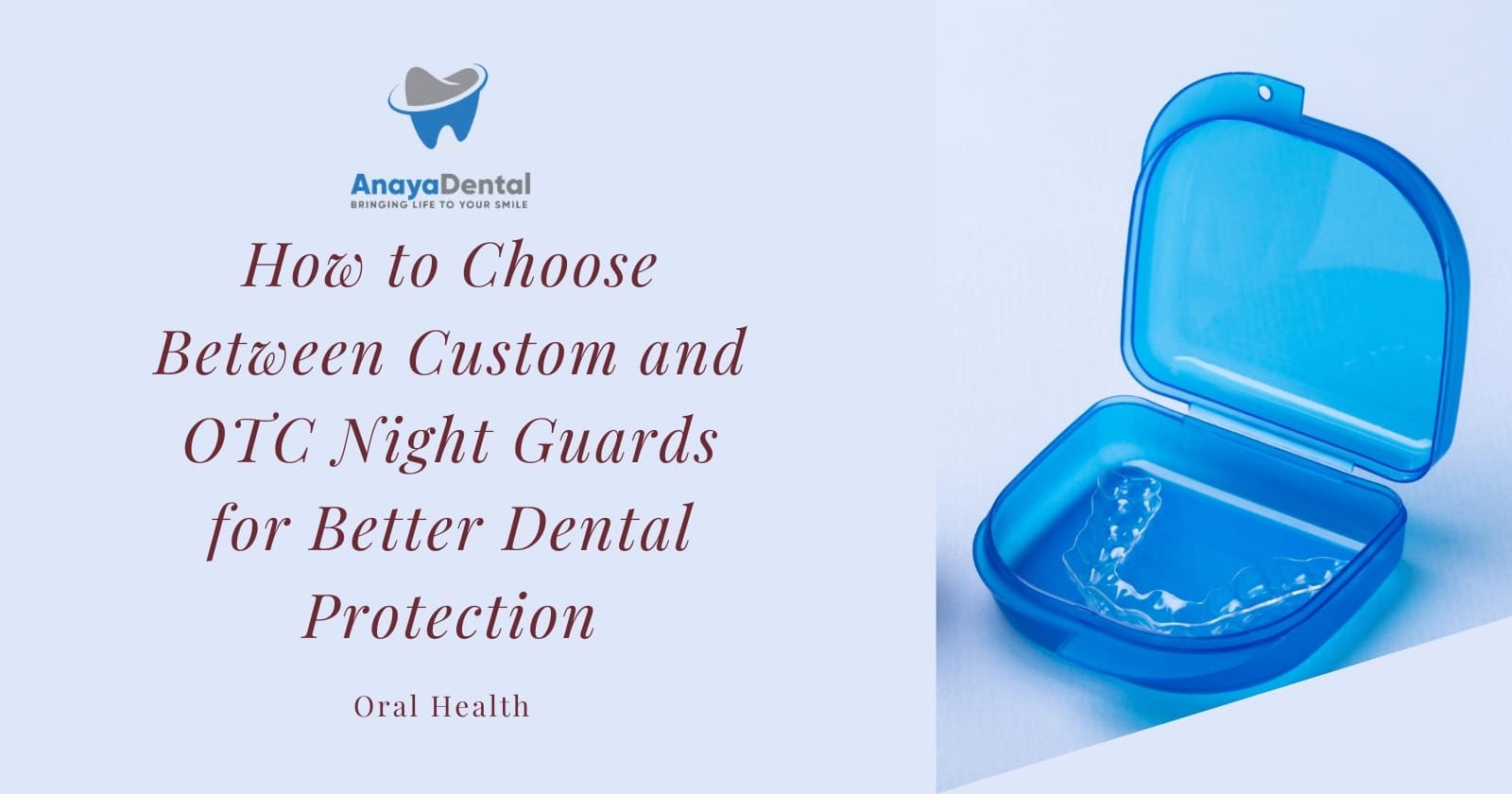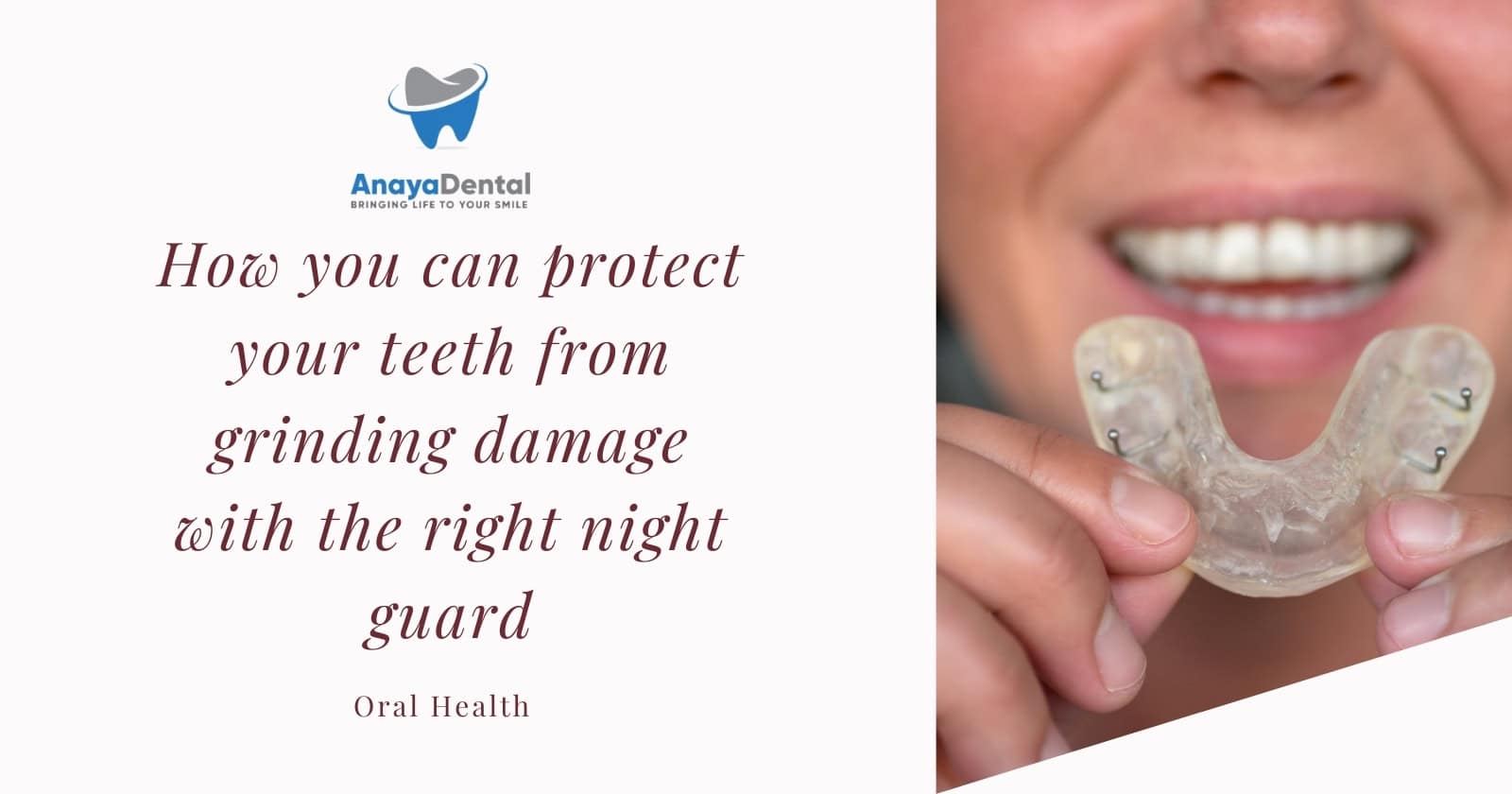Why Natural Oral Care Solutions Are Gaining Popularity
In recent years, natural dental care alternatives have gained tremendous popularity as more people seek chemical-free solutions for their daily routines. Among these alternatives, coconut oil toothpaste stands out as a particularly effective option that combines ancient wisdom with modern understanding of oral health. This growing trend reflects a broader shift toward natural products that not only clean your teeth but actively contribute to your overall oral health ecosystem.
If you’ve been curious about making the switch to a more natural approach to dental care, you’re not alone. Many dental professionals acknowledge that commercial toothpastes, while effective, often contain ingredients that some people prefer to avoid, including artificial sweeteners, synthetic foaming agents, and preservatives. According to a study published in the Journal of Clinical and Diagnostic Research, oil-based oral hygiene practices can significantly reduce plaque formation and gingivitis when used as a complementary approach to regular brushing.
Let’s explore how coconut oil-based toothpaste can benefit your dental routine and how you can easily make your own effective formulation at home.
Try Our Dental Calculators
The Science Behind Coconut Oil’s Oral Health Benefits
How Coconut Oil Supports Dental Health
Coconut oil isn’t just another trendy health product—it has genuine properties that make it particularly beneficial for oral hygiene. The secret behind its effectiveness lies in its unique composition of fatty acids, particularly medium-chain triglycerides (MCTs) and lauric acid.
These components give coconut oil several properties that benefit your dental health:
Antibacterial Properties Against Harmful Oral Bacteria
The lauric acid in coconut oil has been shown to be effective against various bacteria, including Streptococcus mutans, one of the primary bacteria responsible for tooth decay. When coconut oil comes into contact with these bacteria, it can help reduce their numbers and activity in your mouth.
This natural antibacterial action helps address the root cause of many dental issues—bacterial overgrowth—without harsh chemicals. Unlike some commercial antibacterial ingredients that kill both beneficial and harmful bacteria indiscriminately, coconut oil appears to have a more balanced approach to maintaining your oral microbiome.
Anti-inflammatory Effects on Gum Tissue
Gum inflammation (gingivitis) is a common problem that affects many people and can eventually lead to more serious periodontal disease if left unchecked. Coconut oil contains natural anti-inflammatory compounds that may help soothe irritated gum tissue and reduce the redness and swelling associated with gingivitis.
Regular use of coconut oil as part of your oral care routine may help maintain healthier gums by reducing the inflammatory response to plaque bacteria and other irritants.
Natural Whitening Effect Without Abrasives
Many commercial whitening toothpastes rely on abrasive particles to scrub away surface stains, which can sometimes damage enamel over time. Coconut oil offers a gentler approach to teeth whitening. It helps lift and dissolve the sticky film on teeth that can hold stains, and when combined with mild natural abrasives like baking soda in homemade formulations, it can gradually lighten discoloration without harsh scrubbing.
The oil creates a slippery coating that makes it harder for new staining compounds to adhere to your tooth surfaces after brushing.
Comparing Coconut Oil Toothpaste to Commercial Options
What’s Actually In Your Regular Toothpaste?
Before we dive deeper into coconut oil toothpaste, it’s worth understanding what you’re typically using in commercial products:
| Ingredient Type | Commercial Toothpaste | Coconut Oil Toothpaste |
|---|---|---|
| Cleaning Agent | Sodium Lauryl Sulfate (SLS) | Coconut Oil, Baking Soda |
| Abrasive | Hydrated Silica, Calcium Carbonate | Baking Soda (mild) |
| Sweetener | Artificial Sweeteners (Saccharin, Aspartame) | Natural Sweeteners (Stevia, Xylitol) |
| Preservative | Parabens, Sodium Benzoate | None Needed (Coconut Oil Natural Preservative) |
| Flavoring | Artificial Flavors | Essential Oils (Peppermint, Cinnamon) |
| Fluoride | Sodium Fluoride, Stannous Fluoride | None (Optional Calcium Phosphate) |
| Whitening Agent | Hydrogen Peroxide, Carbamide Peroxide | Natural Oils, Activated Charcoal (Optional) |
Benefits Unique to Coconut Oil Formulations
When you switch to coconut oil toothpaste, you’re gaining several advantages that commercial products generally don’t offer:
Oil Pulling Effects While Brushing
Traditional oil pulling involves swishing oil around your mouth for 15-20 minutes to draw out toxins and bacteria. While this practice has ancient roots, modern research suggests it can be effective for improving oral health. Using coconut oil toothpaste essentially gives you a mini oil-pulling session each time you brush, allowing the oil to penetrate areas between teeth and below the gumline that bristles might not fully reach.
Moisturizing Properties for Dry Mouth Sufferers
If you experience dry mouth (xerostomia), whether due to medication, health conditions, or simply aging, coconut oil toothpaste can be particularly beneficial. The oil leaves a light protective coating on oral tissues that helps retain moisture longer than water-based commercial pastes, which often contain drying agents like alcohol.
Sustainability and Environmental Considerations
From an environmental perspective, homemade coconut oil toothpaste has advantages over commercial options. You can store it in reusable containers, significantly reducing plastic waste from toothpaste tubes (which are notoriously difficult to recycle). Additionally, the simple ingredients typically have a lower manufacturing footprint than the complex formulations of commercial products.
Potential Concerns and Considerations
When Coconut Oil Toothpaste Might Not Be Right for You
While coconut oil toothpaste offers many benefits, it’s important to consider some potential limitations:
The Fluoride Question
Perhaps the most significant consideration is the absence of fluoride in most homemade coconut oil toothpaste recipes. Fluoride has been widely demonstrated to help strengthen tooth enamel and prevent cavities. If you’re at high risk for cavities or have weakened enamel, completely replacing fluoride toothpaste with a non-fluoride alternative might not be advisable.
Some dentists recommend using coconut oil toothpaste for one brushing of the day and a fluoride toothpaste for the other, particularly for children and those with cavity-prone teeth.
Allergy Considerations
While relatively rare, some people do have allergies or sensitivities to coconut or other ingredients commonly used in natural toothpaste recipes (such as certain essential oils). If you experience any irritation, burning, or swelling after using coconut oil toothpaste, discontinue use and consult with a healthcare professional.
Storage and Shelf Life
Unlike commercial toothpastes with preservatives, homemade coconut oil formulations have a limited shelf life, typically 2-3 months. Additionally, coconut oil changes consistency with temperature—becoming solid in cooler environments and liquid in warmer ones—which some users find inconvenient compared to the consistent texture of commercial pastes.
DIY Coconut Oil Toothpaste Recipes
Basic Coconut Oil Toothpaste Recipe
Let’s start with a simple, effective recipe that delivers excellent cleaning power with minimal ingredients:
Ingredients:
- 4 tablespoons organic virgin coconut oil
- 2 tablespoons baking soda (sodium bicarbonate)
- 10-15 drops peppermint essential oil
- 1 teaspoon stevia powder or a few drops of liquid stevia (optional, for sweetness)
Instructions:
- If the coconut oil is solid, gently warm it until just melted (avoid overheating).
- Mix in the baking soda until completely incorporated with no lumps.
- Add the peppermint essential oil and stevia if using, stirring thoroughly.
- Transfer to a small glass jar with a tight-fitting lid.
- Allow to cool and set (will be softer in warm environments, firmer in cool ones).
Usage Tips:
- Use a small spoon or wooden craft stick to scoop a pea-sized amount onto your toothbrush.
- Brush normally for 2 minutes, focusing on all surfaces of your teeth.
- Rinse thoroughly after brushing.
- Store in a cool, dry place away from direct sunlight.
Advanced Therapeutic Coconut Oil Toothpaste
For those seeking additional benefits, this enhanced recipe incorporates ingredients with specific therapeutic properties:
Ingredients:
- 4 tablespoons organic virgin coconut oil
- 2 tablespoons baking soda
- 1 tablespoon calcium carbonate powder (supports remineralization)
- 1 tablespoon bentonite clay (detoxifying and mineral-rich)
- 1 teaspoon xylitol (natural sweetener that also inhibits bacteria)
- 10 drops peppermint essential oil
- 5 drops tea tree essential oil (additional antibacterial properties)
- 3 drops clove essential oil (natural analgesic for sensitive teeth)
Instructions:
- Slightly warm the coconut oil until just melted.
- In a separate bowl, mix all dry ingredients thoroughly.
- Slowly incorporate the melted coconut oil into the dry mixture, stirring well.
- Add the essential oils and mix until completely blended.
- Transfer to a small glass jar with a tight-fitting lid.
- Allow to cool completely before using.
Who This Recipe Is Best For:
This advanced formulation is particularly beneficial for those with:
- Early signs of gum disease
- Tooth sensitivity
- Desire for additional remineralization support
- History of frequent cavities
Whitening Coconut Oil Toothpaste Variation
If teeth whitening is your primary goal, this variation incorporates natural whitening elements:
Ingredients:
- 4 tablespoons organic virgin coconut oil
- 2 tablespoons baking soda
- 1/2 teaspoon activated charcoal powder (natural whitening agent)
- 1 tablespoon white kaolin clay (gentle polishing)
- 1 teaspoon calcium carbonate
- 15 drops peppermint or spearmint essential oil
- 1/2 teaspoon xylitol
Instructions:
- Melt the coconut oil gently until just liquefied.
- Mix all dry ingredients in a separate bowl, being careful with the activated charcoal as it can stain.
- Slowly add the melted coconut oil to the dry ingredients, mixing thoroughly.
- Add the essential oil and xylitol, stirring until completely incorporated.
- Transfer to a dark-colored glass jar (as activated charcoal is sensitive to light).
Important Notes:
- The activated charcoal will make this toothpaste black, which can temporarily stain sinks or grout if not rinsed immediately.
- Use this whitening formulation no more than 2-3 times per week to avoid potential enamel wear from the mild abrasives.
- Not recommended for porcelain veneers or dental restorations as charcoal may cause staining.
Proper Usage for Maximum Benefits
Best Practices for Using Coconut Oil Toothpaste
To get the most benefit from your homemade coconut oil toothpaste, follow these guidelines:
Brushing Technique
The proper technique is especially important with natural toothpastes that don’t foam like commercial products:
- Use a pea-sized amount of the coconut oil mixture.
- Brush for a full two minutes, ensuring you reach all surfaces of your teeth.
- Use gentle circular motions rather than aggressive back-and-forth scrubbing.
- Pay extra attention to the gumline, where bacteria tend to accumulate.
- Consider brushing for an additional 30 seconds to allow the coconut oil to penetrate between teeth.
Complementary Oral Care Practices
For best results, combine your coconut oil toothpaste with these practices:
- Floss daily to remove debris between teeth that no toothpaste can reach.
- Consider dedicated oil pulling with a teaspoon of plain coconut oil for 5-15 minutes before brushing in the morning.
- Use a tongue scraper to remove bacteria that collect on the tongue surface.
- Stay well-hydrated to maintain adequate saliva production, your body’s natural defense against oral bacteria.
Transitioning from Commercial Toothpaste
Some people experience an adjustment period when switching to natural toothpaste:
- The lack of foaming may initially make it feel less effective, though this sensation typically passes with continued use.
- Your taste buds may need time to adjust to less sweetness than commercial products provide.
- Consider a gradual transition, using commercial toothpaste once daily and coconut oil toothpaste for your other brushing until you adjust.
When to Consult Your Dental Professional
Maintaining Professional Oversight of Your Oral Health
While adopting natural oral care products, remember that professional dental care remains essential:
- Continue regular dental check-ups and cleanings every six months.
- Inform your dentist about your switch to coconut oil toothpaste.
- Be vigilant for any changes in your oral health, including increased sensitivity or gum changes.
- Consider requesting additional fluoride treatments during dental visits if you’ve eliminated fluoride from your home routine.
- Remember that natural alternatives complement but don’t replace professional dental advice and treatment.
Special Considerations for Different Age Groups
For Children
Children may require special considerations when using coconut oil toothpaste:
- Ensure they don’t swallow large amounts of the toothpaste, even though the ingredients are food-grade.
- Children under 6 may need supervision to ensure proper brushing technique.
- Consult your pediatric dentist about fluoride needs, as children’s developing teeth often benefit significantly from fluoride protection.
- Make sure the essential oil concentration is appropriate for children (generally half the adult concentration).
For Seniors
Older adults may especially benefit from coconut oil toothpaste due to:
- Increased prevalence of dry mouth conditions from medications and age-related changes.
- Greater likelihood of gum recession that makes teeth more vulnerable to root decay.
- Potential interactions between commercial toothpastes and certain medications.
- Need for gentler abrasives on exposed root surfaces.
Conclusion: Balancing Natural Solutions with Dental Science
Coconut oil toothpaste represents an effective bridge between traditional wisdom and modern oral care. By understanding both its benefits and limitations, you can make informed choices about incorporating it into your routine. Whether you’re seeking to reduce your exposure to synthetic chemicals, looking for gentler options for sensitive teeth, or simply enjoying the process of creating your own personal care products, coconut oil toothpaste offers a viable alternative worth exploring.
The beauty of making your own toothpaste lies in the ability to customize it to your specific needs and preferences. You can adjust ingredient ratios, experiment with different essential oils for flavor, and modify the therapeutic elements to address your particular oral health concerns.
Remember that good oral health comes from a comprehensive approach that includes proper technique, consistent habits, and professional oversight. Your homemade coconut oil toothpaste can be a valuable part of this equation, providing natural care for your smile while aligning with your values around personal health and environmental sustainability.
Have you tried making your own oral care products? What natural ingredients have you found most beneficial for your dental health? Share your experiences and continue exploring the fascinating intersection of traditional remedies and modern wellness practices.
